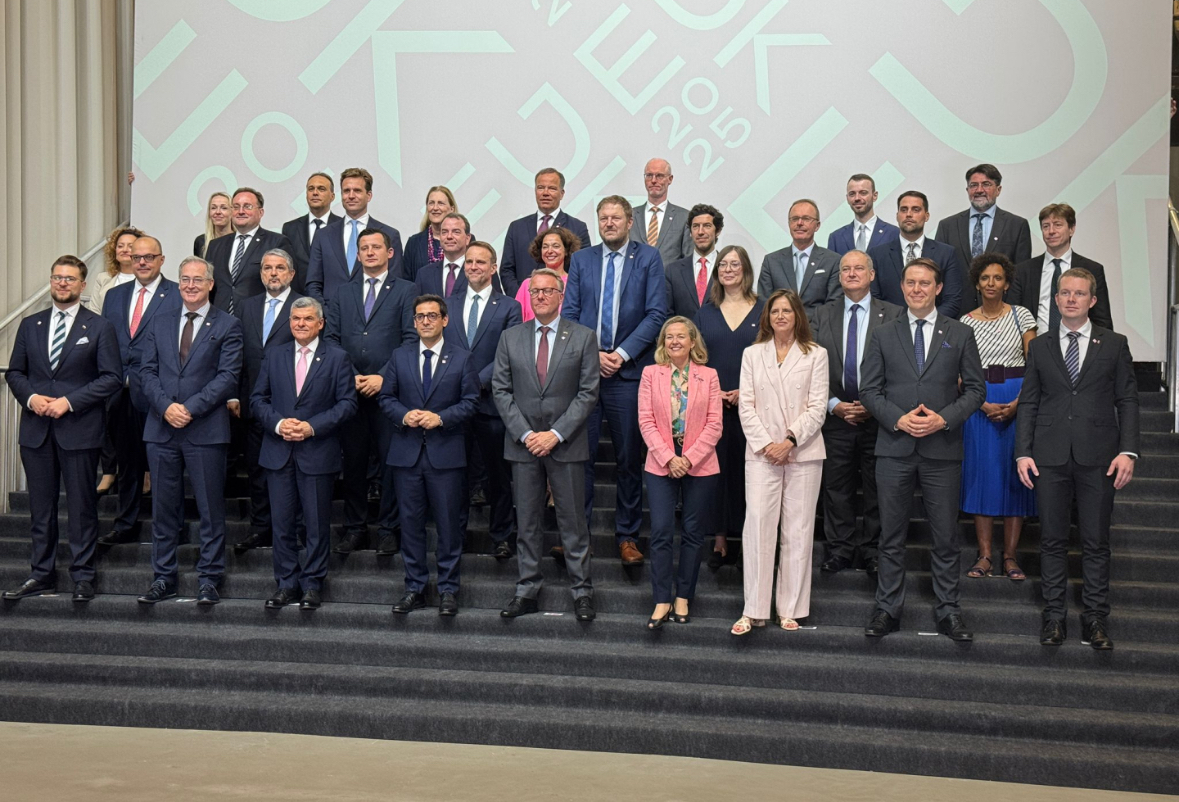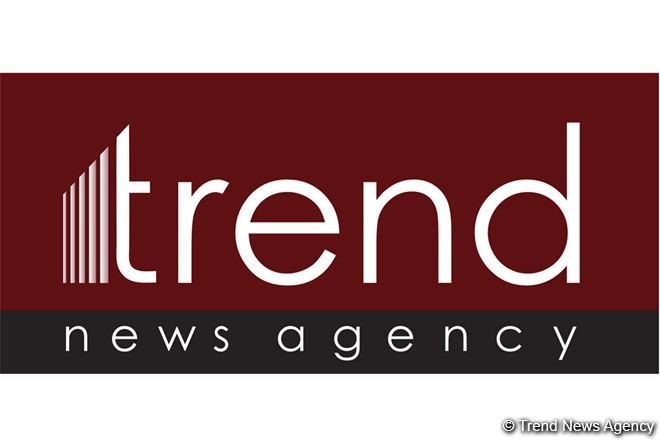BAKU, Azerbaijan, July 18. Parliamentary Secretary of the Ministry of Economics of Latvia, Jurģis Miezainis, and Deputy State Secretary Edijs Šaicāns participated in the Informal Meeting of the European Union Competitiveness Council, held in Copenhagen and discussed private investment and unlocking the potential of quantum technologies for competitiveness and security, Trend reports.
The Latvian delegation emphasized that a stable and predictable investment environment is crucial for the EU’s competitiveness and for fostering innovation.
Moreover, they called for a business-friendly regulatory framework and targeted instruments such as Horizon Europe and InvestEU to support risk and growth capital, while also reinforcing cohesion initiatives that guarantee equal access to EU tools for all Member States.
Regarding private investment, administrative simplification, and capital market development, Latvia expressed strong support for initiatives that accelerate strategic project implementation through simplified permitting procedures.
These efforts also aim to foster public-private partnerships and enhance engagement with international investors.
“Our priority lies in streamlined administrative processes, access to financing, high-quality human capital, and the creation of an EU-level platform to attract innovation and investors,” stated Parliamentary Secretary Jurģis Miezainis.
The Latvian delegation highlighted the strategic importance of quantum technologies for the EU’s innovation, security, and competitiveness. They stressed the need for coordinated investment, cross-border collaboration, and a unified European approach.
Latvia, with over 25 years of active research in this field—including the Latvian Quantum Initiative and quantum communication infrastructure projects—stressed the importance of software research and the development of entirely new long-term applications.
Quantum technologies, they noted, are vital for secure communications, advanced sensing, and enhancing Europe’s strategic autonomy. Latvia continues to play an active role in European initiatives and advocates for quantum integration into security policy as a cross-cutting priority.
The delegation also proposed a trilateral cooperation model combining Member State industry, research institutions, and EU-level support.
On the clean energy front, Latvia reiterated its support for EU initiatives that aim to reduce fossil fuel dependence, promote the use of EU-produced technologies, and develop sustainable energy solutions.
However, Latvia emphasized the need to lower energy prices, simplify regulations, and enhance access to finance. Ensuring low energy costs is a critical condition for increasing the EU’s global competitiveness.
Latvia also underscored the importance of resilient supply chains, international partnerships, and a fully functional EU Single Market in accelerating the clean energy transition.
The Latvian representatives called for a reduction in bureaucracy, prevention of overregulation, and the safeguarding of investment stability across the EU.







